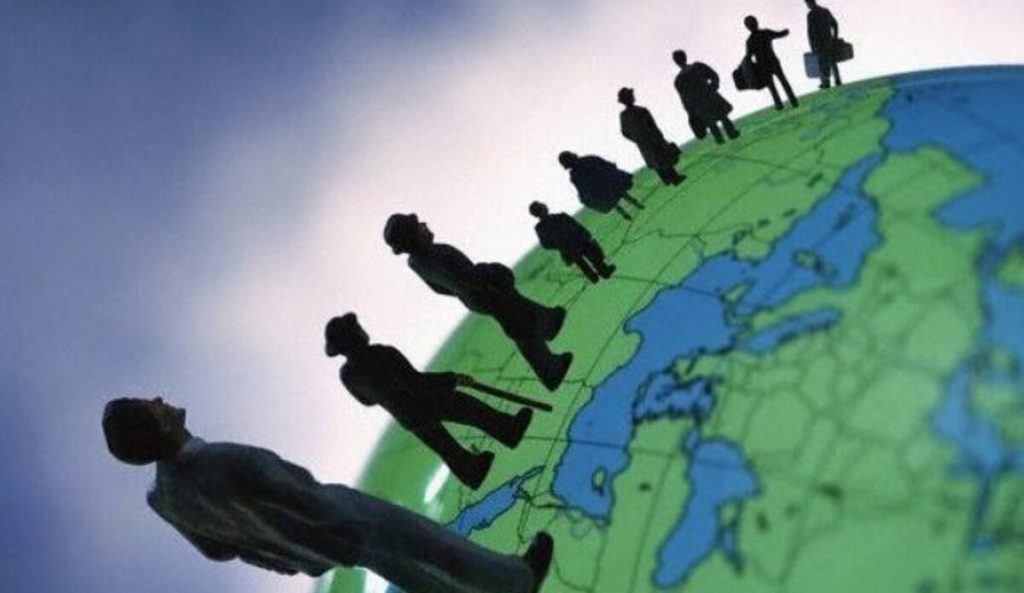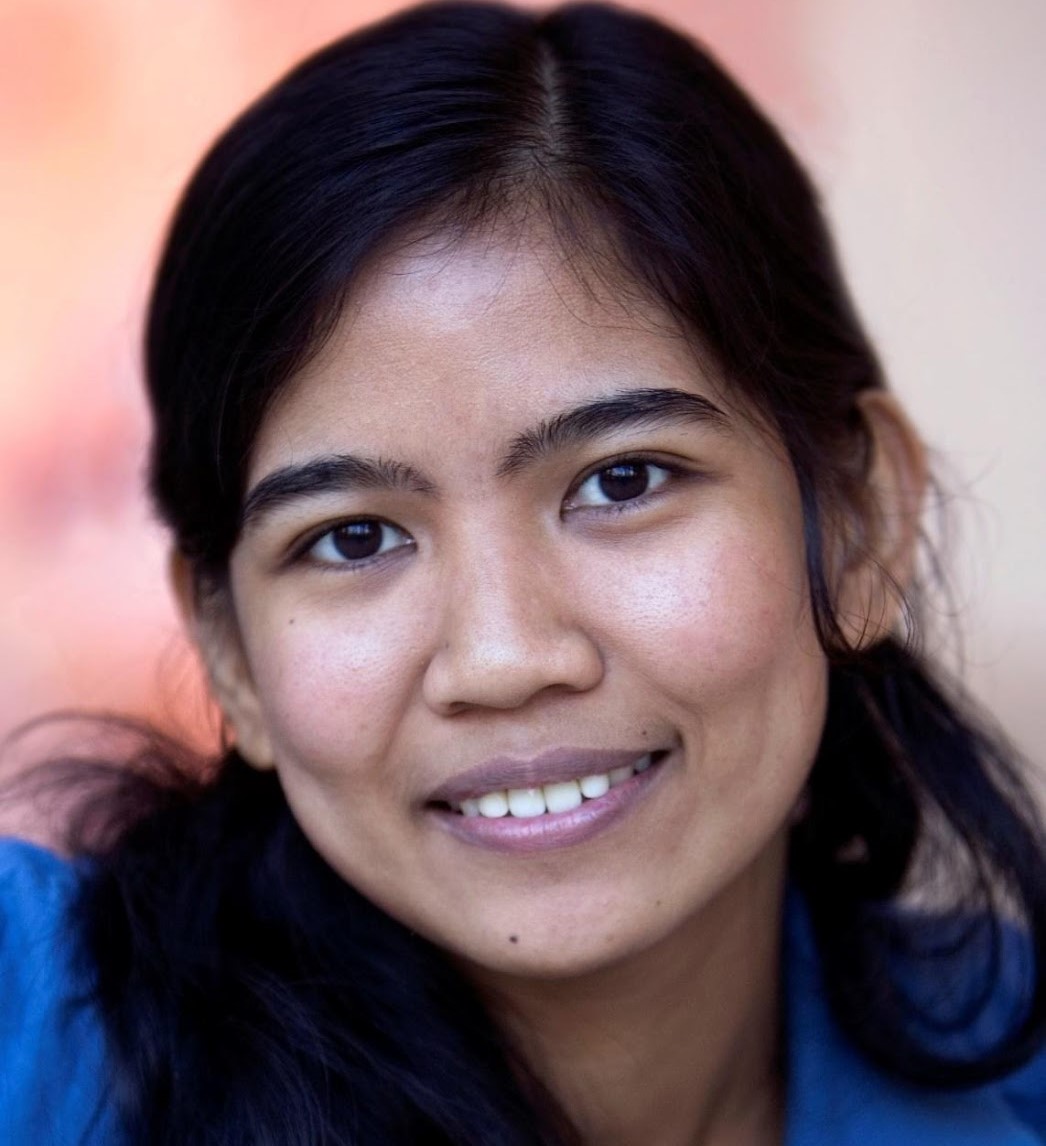Author: Lalaine Siruno
Dossier: Can we govern migration better?
Guest-editor: Elaine Lebon-McGregor
Abstract
In the past, the government treated undocumented migrants in the Netherlands with considerable leniency. Since the early 90s however, preventing irregular migration has been a priority. Consistent with the country’s general approach, the governance of undocumented migrants can be characterised as multi-level, with national and local governments playing divergent roles, and civil society and migrant-led organisations playing an important role in the arm’s length provision of services. This multi-level approach has been more apparent in the Dutch response to the COVID-19 pandemic. While upholding exclusionary policies, the government has instituted ad hoc protection measures and introduced inclusive practices carried out for the most part by organisations, including those initiated by migrants. This illustrates that some welfare provision does not necessarily contradict a restrictive migration policy. However, the temporariness and unpredictability of inclusive practices underscore the tension between the visible ‘sunshine’ and the hidden ‘shadow’ politics in the multi-level governance of undocumented migrants in the Netherlands. This calls attention to the vital importance of policy coherence and continuity as well as a more adaptive and reflexive governance strategy.
Introduction
In December 2020, the government of the Netherlands published a report announcing that the number of irregular migrants in the country had decreased from 194,000 in 1987 to between 23,000 and 58,000 in 2017-2018. This downward trend is often attributed to several policy measures, including the requirement to carry identification documents, the Linkage Act, the reorganisation of the Aliens Police, the expansion of the European Union, and the promotion of voluntary departure. As migrants with undocumented status are a segment of the population usually designated as ‘uncountable,’ it remains practically impossible to verify these estimates. However, the COVID-19 pandemic and the ensuing economic downturns increased the visibility and vulnerability of undocumented migrants, many of whom were working in the underground economy with no contracts or social protection provisions. As the UN has argued, the effects of the pandemic have been harshest for those already in vulnerable situations pre-pandemic.
Irregular migration in the Netherlands
Major migration flows to the Netherlands started in the 1960s with its guest worker programme. This was followed by migration from former colonies and asylum migration flows in the early- and mid-80s, respectively. The expanding economy produced a demand for low-skilled labour and undocumented migrants were treated with considerable leniency. Since 1991, however, following the recommendation of the Zeevalking Committee to increase administrative control on foreigners, stricter immigration and labour market policies have been instituted. Preventing irregular migration and employment in the informal sector then became a priority in Dutch migration policies. This marks the adoption of what Leerkes and van Houte refer to as a ‘thick enforcement regime’ with an interest in returning as many irregular migrants as possible facilitated by relatively strong infrastructure.
Among several legislations, the ‘Linkage Act’ of 1998 is the state’s primary instrument of exclusion. Based on the assumption that there would be a reduction in immigration if welfare and social security benefits were more difficult for migrants to access, the Act made the entitlement to state-sponsored public services conditional on immigration status. The only exceptions are medically necessary care and education up to 18 years of age. Unlike in Italy or Spain, where amnesty or regularisation programmes are offered, the only way for undocumented migrants to acquire permanent regular status in the Netherlands is by applying for asylum or marrying a citizen.
However, despite ‘thick enforcement’, there are low apprehension risks, and authorities focus on rejected asylum seekers and those involved in criminal activities. And while the reception of undocumented migrants has changed considerably, they continue to fill labour market gaps. The ongoing demand for cheap labour renders these policies less effective. What this implies is that, in the Netherlands, as is in other countries, stricter controls do not necessarily result in less irregular migration.
The Multi-level Governance of Irregular Migration
While generally consistent with the multi-level approach to regular migration, recent scholarship has underscored the divergent roles played by national and local governments when it comes to the governance of irregular migration. National governments focus on border management and immigration controls. Meanwhile, local governments bear the responsibility for undocumented migrants, offering varying degrees of service provision usually coursed through non-governmental and civil society organisations. These organisations run community and knowledge centres for undocumented migrants and offer healthcare, legal aid, and support for voluntary returns and reintegration.
Efforts initiated by civil society and street-level bureaucrats also serve to stymie some of the extreme exclusionary policies directed at migrants with precarious legal status. In 2012, for example, the Dutch national government decided to close the emergency shelters for undocumented migrants. Civil society organisations challenged the ruling based on the European Convention on Human Rights and the European Social Charter. In the end, various municipalities managed to keep the shelters open and continue with the ‘bed, bath and bread’ provisions.
What this points to is that systematic exclusion does not deter undocumented migrants from affirming their presence and participating in social life. Despite the oft-cited limitations imposed by a precarious legal status, undocumented migrants are not precluded from using their agency and integrating into segments of the destination country and community through municipality and NGO support networks, the informal economy, and political activities.
Simultaneous Exclusion and Inclusion During the COVID-19 Pandemic
The COVID-19 pandemic has brought forth a combination of physical and mental health, socio-economic, and protection crises. On 12 March 2020, less than two weeks after its first confirmed COVID-19 case, the Netherlands issued a work from home guideline and other restrictions to social life. Billing it as a “smart lockdown,” the rules were not as stringent as in other countries (public transportation continued to operate, for example, and schools remained open), but just the same, the ensuing fear and uncertainty gripped most of the population.
The lockdowns and other restrictions imposed by the government presented an unanticipated shift in the lives and livelihoods of many undocumented migrants. As they work in the underground economy without any formal arrangements, many are faced with job losses or reduced wages. This, in turn, affected remittances and relationships with family members in the country of origin. All in all, the COVID-19 pandemic has compounded the precarity associated with irregular migration.
As the pandemic is primarily a public health issue, the Dutch government has instituted ad hoc social protection measures for undocumented migrants and introduced inclusive practices like testing and vaccinations while upholding exclusionary ones such as access to unemployment and sickness benefits. Organisations like the Dutch Red Cross, together with migrant-led organisations, have taken up the role of providing immediate needs like food packs and grocery vouchers. Between March 2020 and May 2021, for example, close to 30,000 food packs and grocery vouchers have been distributed to people without access to the food banks, most of them undocumented migrants. Some local governments and municipalities also provided rent subsidies, again channelled through non-governmental organisations which then assess applications and distribute the funds.
Photo: Lalaine Siruno, 2021
While this illustrates that some welfare provision does not necessarily contradict a restrictive migration policy, the temporariness and unpredictability of inclusive practices underscore a tension in the multi-level governance of undocumented migrants in the Netherlands. In particular, it calls attention to the distinction introduced by Guiraudon between ‘sunshine’ and ‘shadow’ politics. The former refers to the visible and popular restrictive measures of the national government while the latter pertains to the hidden, unpopular, and often indirect extension of rights and services for undocumented migrants provided by municipalities. The simultaneous exclusion and inclusion and the redelegation of service provision to civil society organisations and other non-state actors do not indicate a robust system of multi-governance. While this proves to be a charitable and practical approach during the COVID-19 pandemic, it accentuates at the same time the precarity and uncertainty that undocumented migrants face every day. As one undocumented migrant puts it, “I don’t know if they’re helping us for us, or because they have to show their citizens they have everything under control, to make sure that there’ll be no public health or safety and order issue. Either way, I hope this won’t end when the pandemic ends.”
Conclusion
The COVID-19 pandemic has exacerbated the vulnerabilities of many undocumented migrants, but it has also illustrated the capacity of government and civil society to mobilise and work together in solidarity during a crisis situation. The big question is what happens to policies and practices after the pandemic. Irregular migration is a persistent phenomenon, and stricter controls are not likely to make it go away. Will extended policies of inclusion become the norm, or will they prove to be a mere exception?
The Dutch government has signified its support of the Global Compact for Safe, Orderly and Regular Migration and has emphasised that its key areas are already well-integrated in the country’s migration policies. In terms of governance, the approach has been to adopt measures at the national level while making an effort to strengthen cooperation at the international level. In line with the foregoing discussion, what remains a challenge is policy coherence and continuity all the way to the local level, and a more adaptive and reflexive governance strategy guided by the fundamental principle that undocumented migrants are human beings with rights and dignity.
Lalaine Siruno is a migrant from the Philippines currently based in Maastricht in the Netherlands. She is a PhD Fellow at the United Nations University – Maastricht Economic and Social Research Institute of Innovation and Technology (UNU-MERIT), working on a project on (undocumented) migration and human development. She also teaches on the Master’s in Public Policy and Human Development programme (MPP) at the same institution. More information is linked here.

Notes
1) For a detailed discussion of irregular migration in the Netherlands, see: van der Leun, J. and Ilies, M. (2010). The Netherlands: Assessing the Irregular Population in a Restrictive Setting. In A. Triandafyllidou (Ed.). Irregular Migration in Europe – Myths and Realities, (pp. 187-206). Farnham, Surrey: Ashgate.
2) For more information on irregular migration and multi-level governance, see: Spencer, S. (2018). Multi-level governance of an intractable policy problem: Migrants with irregular status in Europe. Journal of Ethnic and Migration Studies, 44(12), 2034-2052.
